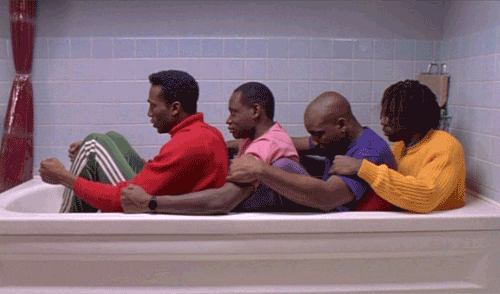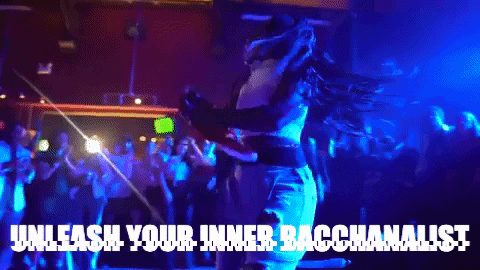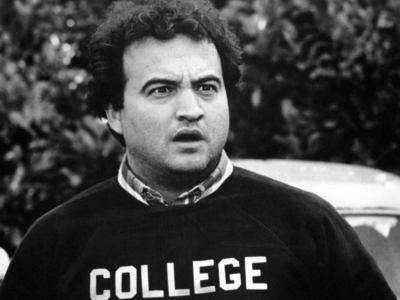At college, you meet people from every walk of life. For the most part, it’s true. They don’t tell you that you may very well be the only one from your own walk of life. At first, you feel special. You feel like some sort of rare, exotic bird with everyone ooh-ing and ahh-ing at your background. You ooh and aah about everyone else’s too. It starts off pretty great, but at some point, the homesickness kicks in. Then you begin to wonder, “Where my people at?” I’m from Trinidad and Tobago. Ethnically, I identify as being Indo-Caribbean. In other words, though I’m technically Indian, my family actually hails from the Caribbean. At my college, a lot of people looked like me, but only one other person was actually like me. One. Needless to say, we became fast friends.
Eventually we found a handful of other kids with Caribbean heritage.

A whopping six of us—seven if you include faculty. We were ecstatic! But in a school with an undergraduate population of over 30,000, that number seemed statistically… off. There had to be others and we were determined to find them. In an effort to do so, we ended up creating The Caribbean Culture Club. Long story short: it bombed. We did it because we wanted to make it easier for incoming Caribbean students to find more of their own. Unfortunately, there weren’t any others. Was I disappointed? For sure. Was I surprised? Honestly, no.
We decided to make do with what we had. Surely seven of us was enough to sustain our cultural connection to our respective motherlands. Turns out, we were wrong. We threw a couple of events where we could all gather together to celebrate our culture—movie nights, communal dinners and the like—but honestly, it felt like a sham. Between classes and part-time jobs, we felt like we were overworking ourselves to express our culture in an environment where it was simply not suited to thrive. Upon realizing this, we started hunting off-campus.
L.A. has a tiny diaspora. Luckily, this made it relatively easy to find. There was only one problem, most of the Caribbean events in L.A. were parties, “fetes” as we call them. Despite these “fetes” taking place in a variety of underground locations (think warehouses, basements and the like) as undergraduate freshman (a.k.a. being minors) meant that we couldn’t attend any of them… or so we thought.
Here’s the thing about Caribbean culture, it’s all about the energy.

There’s a certain openness, joy and freedom to it that I find difficult to put into words. You just have to experience it in order to understand it. We tried to replicate that type of experience on campus and we failed pretty miserably in doing so. You see, student organizations at an American university require a certain alignment with American cultural values. True Caribbean spaces can’t be created within that type of environment.
When you have too many rules and restrictions, it inhibits Caribbean spaces. These spaces celebrate the grey areas of life and the people who seem to be in between one thing and another. In a nutshell, that’s what the Caribbean experience is. We joke about being a lawless people, but we only do that because, historically, we have been disadvantaged by laws that were imposed on us. At school, I definitely started feeling like that from time to time. They simply didn’t make rules with minority interests in mind.
That first Caribbean fete felt like a space where we could truly be. That gathering had no time limit and no restrictions—just me and my people, our music, our dancing, our food. I found home away from home, finally. No one looked like each other, but we all felt the same.
In the end, though our Club dissolved, our connection to our culture didn’t.

After a series of trial and error, we finally found the underground spaces where our culture thrived. In these spaces, our otherness was the foundation of our sameness. We sought solace in these spaces whenever the thrill of being othered at our “diverse” college wore off (and between you and me, it wore off frequently).
I’ve learnt so much from the people I have met in college. I’m so grateful to have crossed paths with people who come from all ends of the Earth (though mostly, from all ends of America), but sometimes I get lonely on my particular path. Sometimes, I want to share that experience with the people walking the same path as me.



















